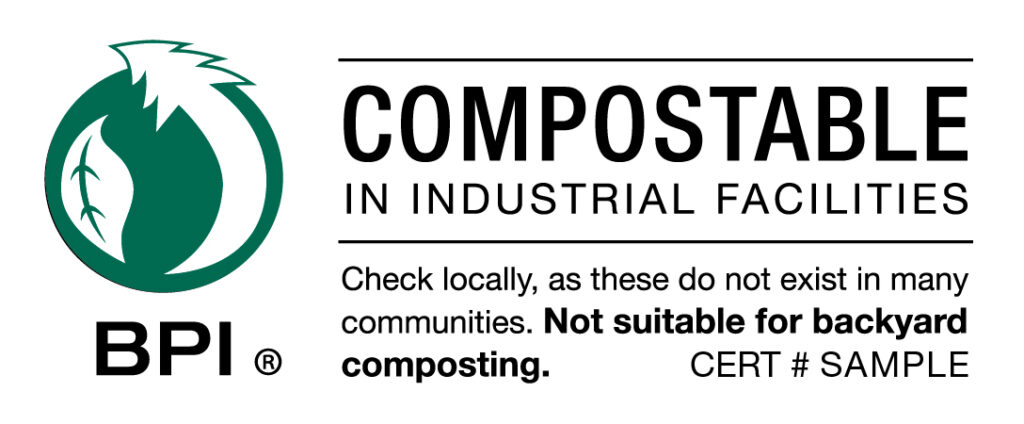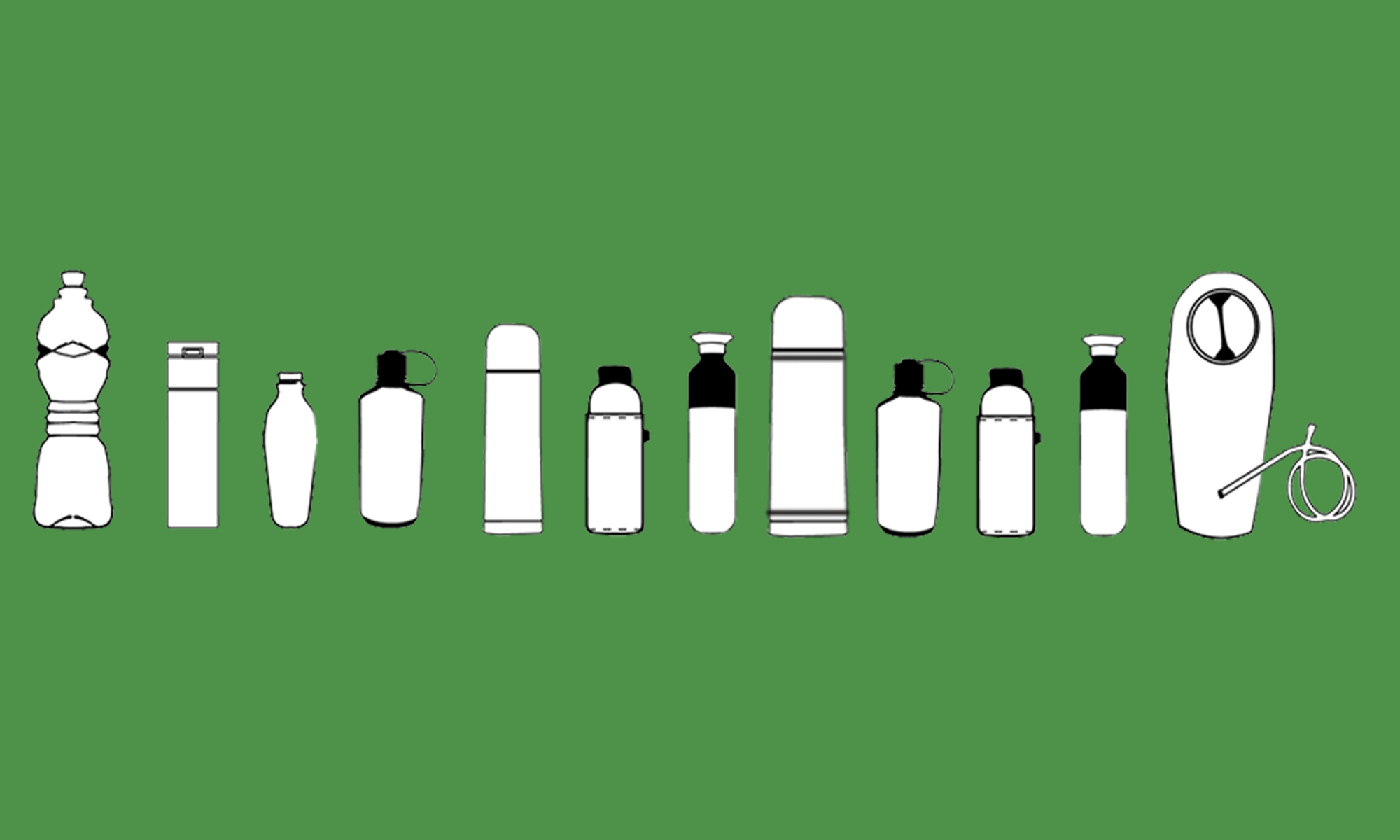Whether a material is compostable is related to its chemical structure. Thus, there are biobased plastics that are compostable, biobased plastics that are not, and also non-biobased (fossil fuel based) plastics that are compostable. Very confusing! In this blog we do our best to explain biodegradable and compostable plastics.
BIODEGRADABLE PLASTICS
A plastic is biodegradable if it can be converted into water, methane and CO2 in nature. This is done with the help of enzymes.
The label biodegradable can be misleading. It does not mean we can bury the packaging our garden compost heap and it will vanish naturally. The biodegradation of a plastic in nature can take decades, if not centuries. Some type of bioplastics break down into microplastics and can often only be composed industrially.

COMPOSTABLE PLASTICS
Certified compostable plastics decompose fast enough with the current method of composting in the Netherlands. This means no residues of compostable plastic were found in the compost. For example the European standard EN 13432 means the product can compost in a composting facility within 12 weeks, without the addition of artificial additives.
How do you know your product is compostable?
- The first step is to look for the certification label from an official authority, like the Biodegradable Products Institute. This organisation certifies that products are able to be composted in commercially run composting facilities. Different countries/continents have different certification labels.
- An alternative is to look for the plastic recycling symbol.


